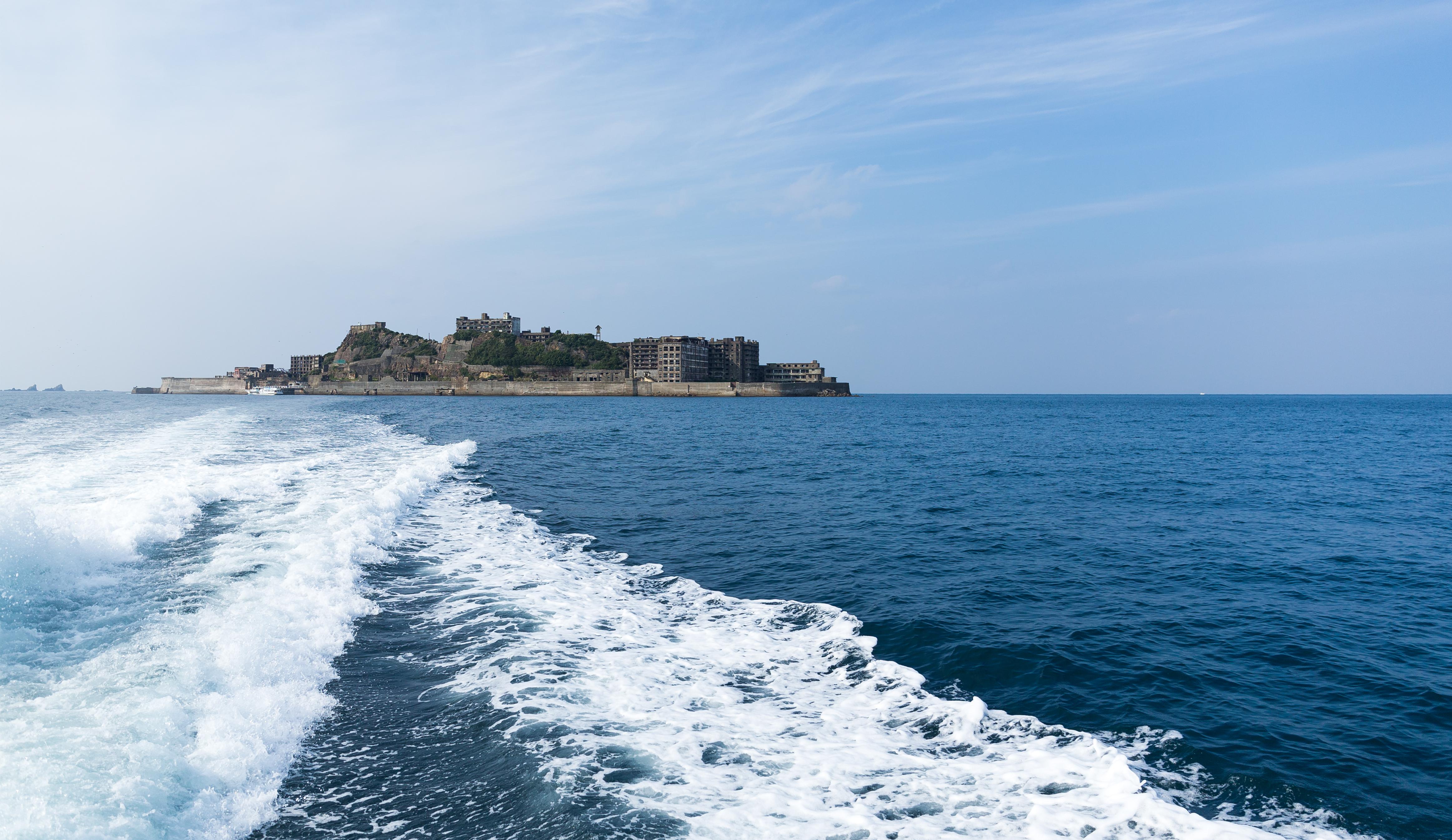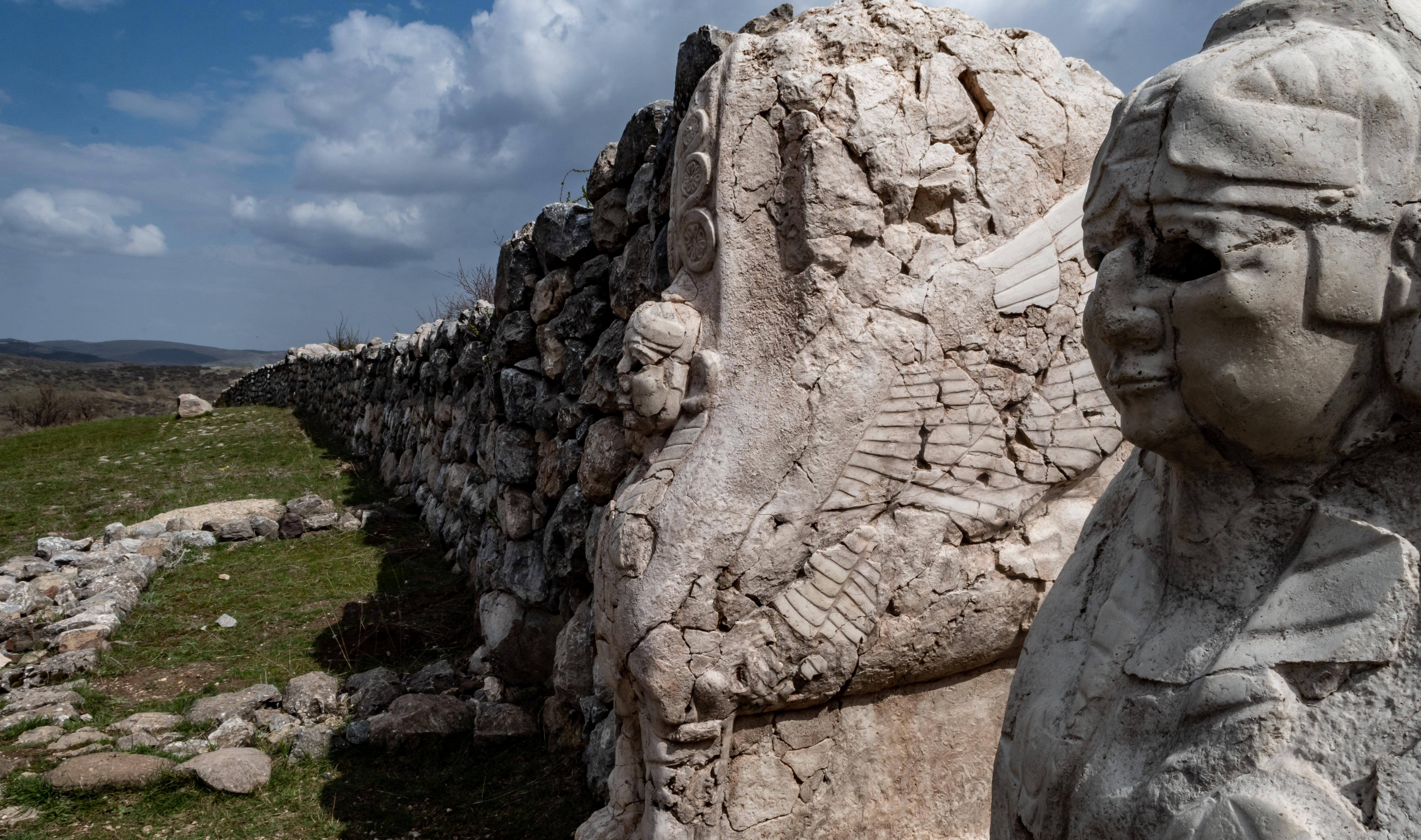Global Travel Alert: What Every American Traveler Needs to Know Now
In the current global climate, particularly after the June 22, 2025, Worldwide Caution issued by the U.S. Department of State, American travelers face new considerations. This alert, directly referencing the Israel-Iran conflict's impact on Middle East airspace and the potential for anti-U.S. demonstrations globally, signifies a shift beyond typical travel advisories. It underscores the need for heightened vigilance, not just for specific destinations, but as a general mindset. This guide isn't about fear-mongering, but empowering you with actionable insights to navigate this complex reality and travel safely, confidently, and meaningfully.
1. Crafting a Dynamic Travel Itinerary

Beyond just listing attractions, your itinerary is now a risk management tool. Instead of rigid plans, build in flexibility buffers for unexpected disruptions. Research alternative routes or lodging near your primary destinations in case of localized unrest or transport closures. For example, have a backup plan for getting to the airport if public transport is suddenly affected. Integrate real-time news checks into your daily plan. A dynamic itinerary means always having a 'Plan B' for smooth transitions, not just maximizing sightseeing.
2. Understanding Evolving Cultural Etiquette and Norms
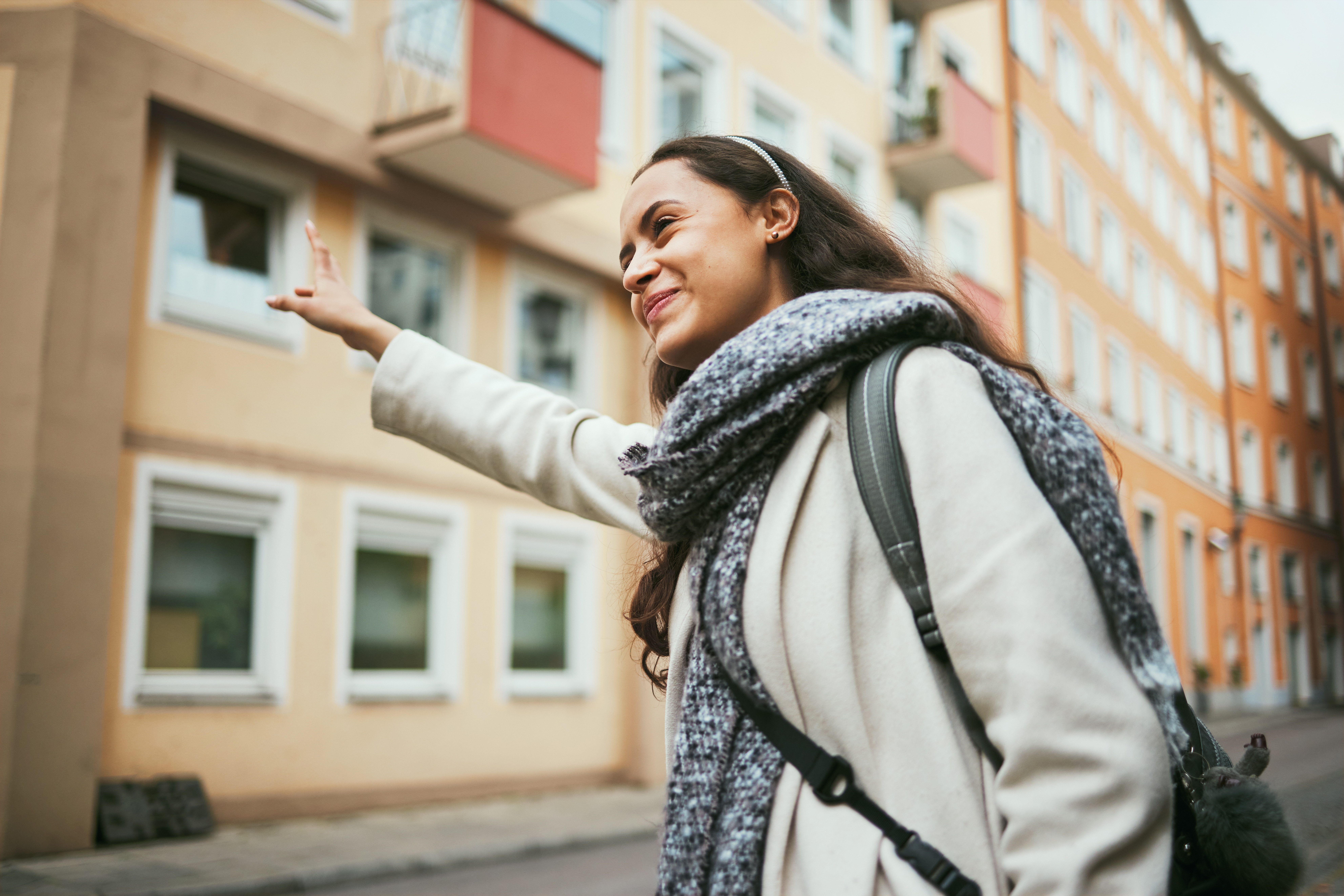
Cultural awareness now extends to understanding local sentiment towards foreigners, particularly Americans. Be aware that geopolitical events can shift public perception. Dress modestly, especially in regions with heightened tensions, even if not strictly required before. Research local news outlets (translated, if possible) before and during your trip to gauge the general mood. A heightened sense of humility and avoiding overt displays of wealth or political affiliation can significantly enhance your safety and interactions.
3. Navigating Language Barriers with Strategic Tools

Beyond basic phrases, focus on essential safety and emergency phrases. "Help," "doctor," "hospital," "police," and "I need assistance" are critical. Equip your phone with robust offline translation apps like Google Translate or DeepL, downloaded before you leave. Consider a portable Wi-Fi device for reliable access to online translation, as Wi-Fi availability can be inconsistent, especially if local infrastructure is disrupted. Remember that subtle intonation or gestures can be key to conveying urgency when words fail.
4. Mastering the Art of Agile Packing

Your packing strategy must now prioritize versatility and emergency preparedness. Beyond lightweight clothing, include a basic go-bag within your main luggage containing essential documents copies, a small first-aid kit, a portable power bank, and a change of clothes. Consider packing a small, dark-colored scarf or hat for blending in, and comfortable walking shoes for unexpected detours. Being agile means you can quickly move or adapt to changing situations without being weighed down.
5. Leveraging Technology for Real-Time Safety
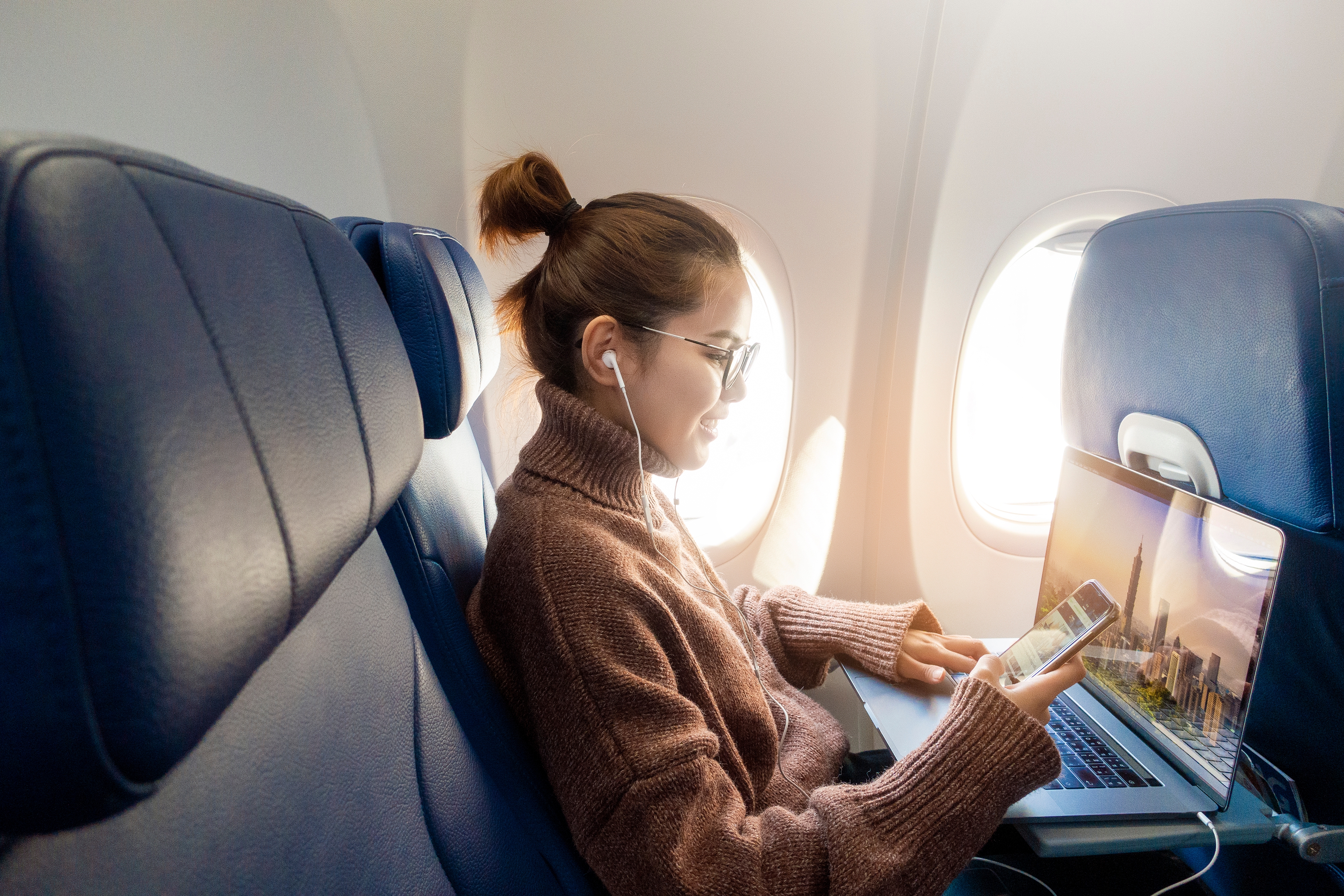
Your smartphone is your most critical safety device. Enable location sharing with trusted contacts. Download offline maps (Google Maps, Maps.me) for navigation without internet. Crucially, activate push notifications for the Smart Traveler Enrollment Program (STEP) and reputable international news sources for real-time alerts. Have backup communication methods like a satellite messenger if traveling to remote areas. Technology provides real-time situational awareness, essential for navigating an unpredictable world.
6. Budgeting Smartly for Unforeseen Circumstances

Beyond typical expenses, allocate a significant emergency fund (15-20% of your total budget) specifically for unexpected costs like last-minute flights, extended stays, or private transport if public options are unavailable. Use a credit card with no foreign transaction fees for emergencies, and always have some local currency cash for situations where electronic payments are disrupted. Understand your travel insurance's emergency provisions thoroughly, ensuring it covers the specific risks of your chosen destination.
7. Ensuring Proactive Health and Safety Abroad
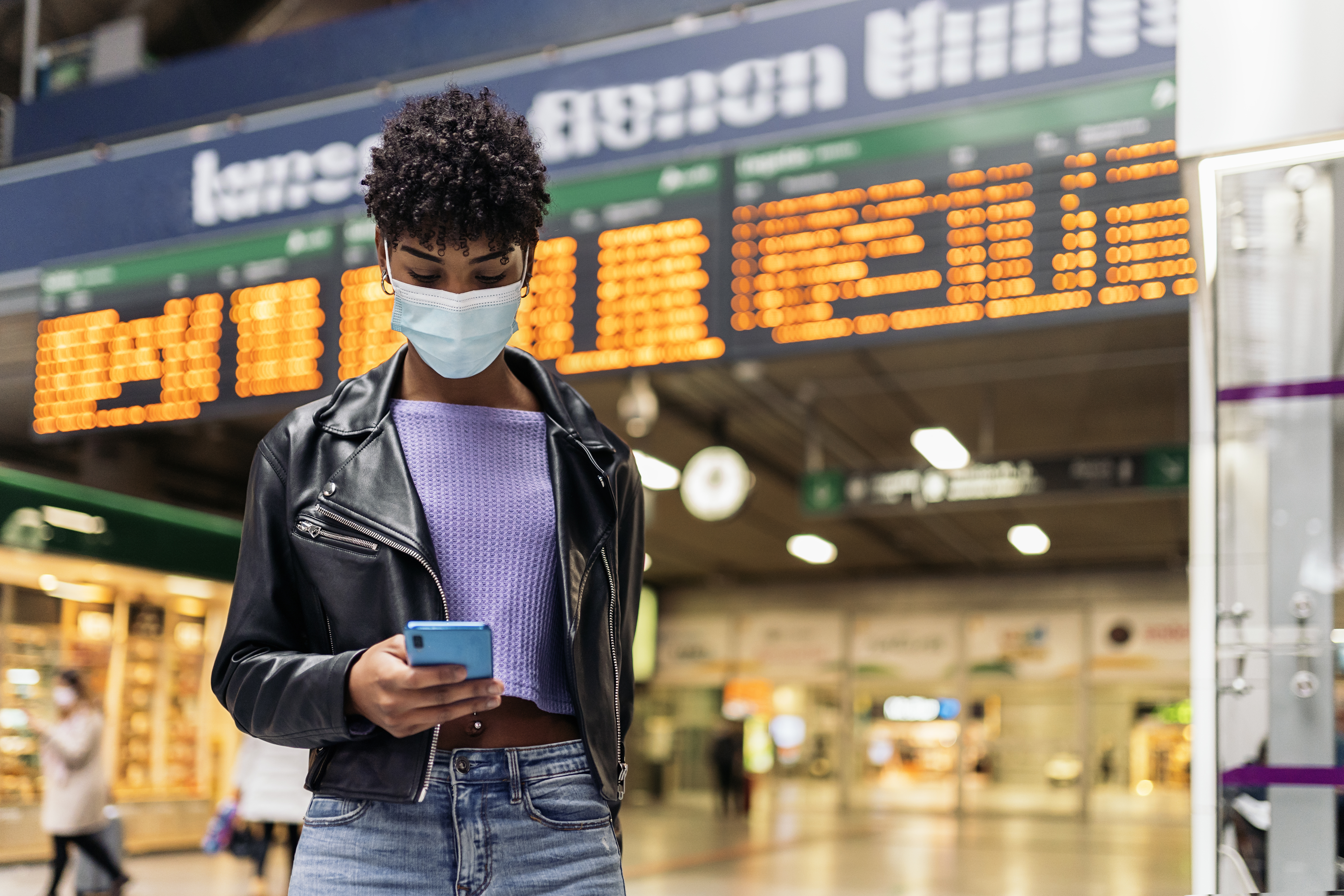
The "Worldwide Caution" emphasizes vigilance. Register with STEP (Smart Traveler Enrollment Program) before you depart; this allows the nearest U.S. Embassy or Consulate to contact you in an emergency. Beyond standard vaccinations, check the CDC's "Travelers' Health" section for current disease outbreaks in your destination, which can include non-obvious risks like Dengue or Measles outbreaks. Know the precise location of the U.S. embassy and reliable medical facilities for your destination.
8. Embracing Mindful Travel Practices

Sustainable travel now encompasses responsible community engagement beyond just environmental impact. In areas with heightened sensitivities, avoid behaviors that could be perceived as disrespectful or insensitive. Support local businesses that genuinely benefit the community. Be aware of your digital footprint, too: avoid posting sensitive information or locations in real-time that could inadvertently put you or others at risk. Mindful travel means respecting local contexts, especially during uncertain times.
9. Navigating Dynamic Transportation in Foreign Lands

Beyond just knowing local transit, research alternative transportation options and their current operational status. For example, know if ride-sharing apps are widely available and reliable, or if certain public transport lines have known security issues. Always have a charged phone and local currency for last-minute taxi fares. In volatile regions, consider pre-arranging vetted airport transfers. The goal is to avoid being stranded and maintain mobility, even if primary plans change.
10. Staying Hyper-Connected: Emergency Communication Tips

Your communications strategy needs to be robust. Beyond a local SIM, consider an eSIM for immediate connectivity upon arrival. Have a hardcopy list of crucial phone numbers (local emergency services, U.S. embassy, travel insurance, family) in case your phone dies. Inform family or friends of your daily itinerary and check-in times. Utilize encrypted messaging apps like Signal or WhatsApp for sensitive communications. Reliable connection ensures you can receive alerts and call for help.
11. Experiencing Local Cuisine with Cultural Sensitivity

While embracing local cuisine, be mindful of food safety standards, especially from street vendors, as health infrastructure might be strained in some areas. Politely decline if offered anything that makes you uncomfortable, rather than causing offense. Research dining customs like tipping or specific table manners, but also be aware that in heightened situations, social norms might be temporarily relaxed or changed due to stress. Prioritize safe, nutritious choices to maintain your health.
12. Capturing Memories Responsibly: Photography and Journaling
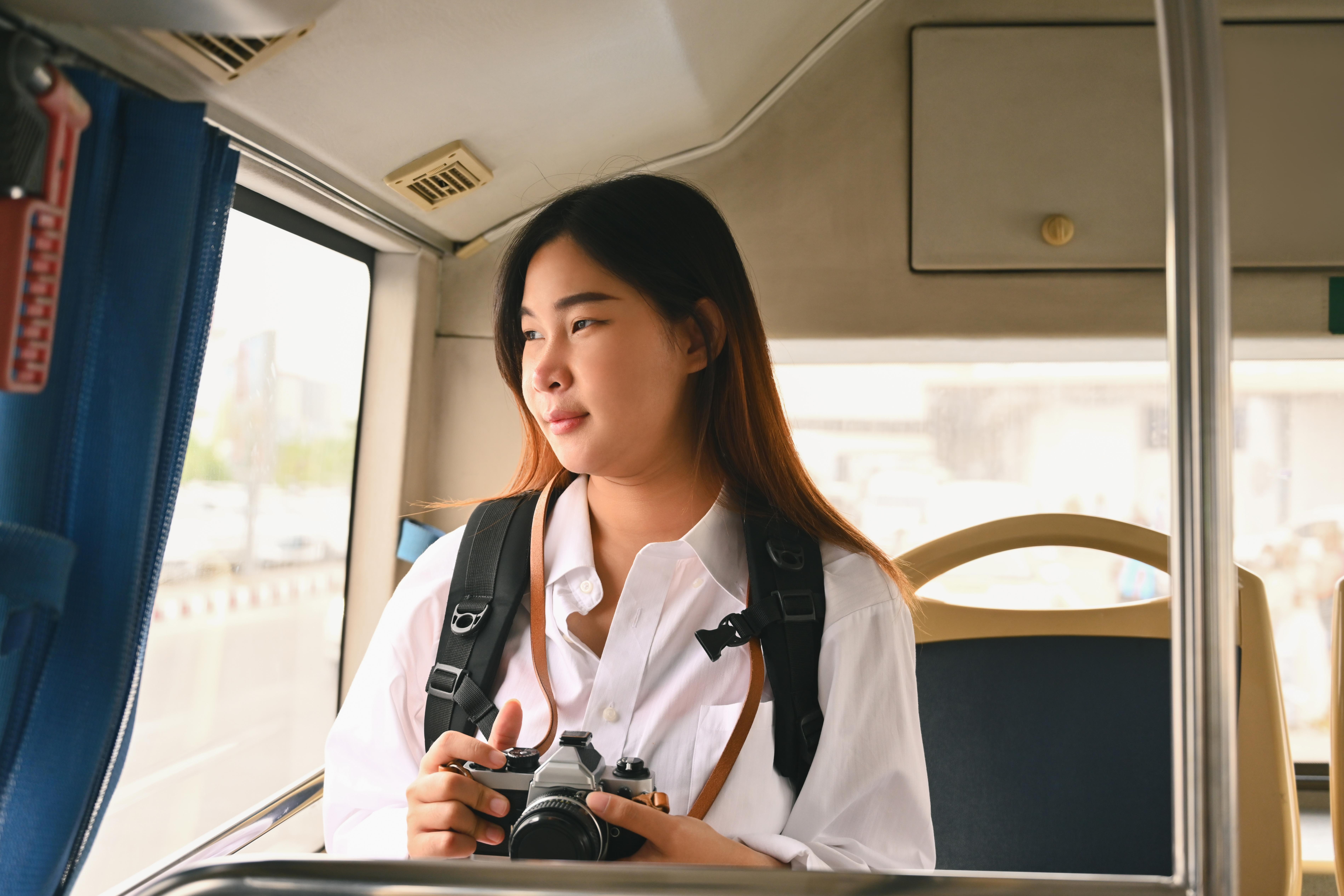
In light of global advisories, be highly selective and discreet with photography. Avoid photographing government buildings, military installations, or sensitive demonstrations, as this can be misinterpreted. Always ask permission before photographing people, and respect any refusal. Journaling becomes even more crucial for processing experiences, but be mindful of where you record sensitive observations. Your memories are precious, but prioritize safety and respect over a perfect shot.
13. Building a Network of Vigilant Global Connections

Beyond casual friendships, cultivate connections with other conscientious travelers and reliable locals. Share information and safety tips. If possible, join online expat or traveler groups for your destination for real-time, ground-level insights. These networks can offer invaluable advice and support in dynamic situations. Building a vigilant network means having eyes and ears on the ground, sharing crucial information to enhance collective safety.
14. Reflecting on Your Journey: Lessons from a Changing World

The reflection process now includes assessing your personal resilience and adaptability in challenging environments. What unexpected situations did you navigate? What new skills did you acquire? Use your travel journal to document not just sights, but also your emotional responses to global events and how they shaped your experience. This introspection transforms a trip into a profound learning experience, preparing you for future adventures in an increasingly complex world.
Navigating the New Global Landscape

The world's stage is dynamic, and as the U.S. Department of State's Worldwide Caution reiterates, the onus is on American travelers to be more informed and adaptable than ever. Beyond simply visiting new places, modern travel is about strategic engagement and heightened awareness. The geopolitical realities, from the Israel-Iran conflict's airspace disruptions to the potential for demonstrations, demand a proactive approach. This isn't a call to cancel your dreams, but to infuse them with informed caution and resilience. Embrace flexibility, leverage technology for real-time intelligence, and prioritize personal security. Your compass for global exploration now points to preparedness, responsible interaction, and an acute understanding that every journey is a learning experience in a continually evolving world.




